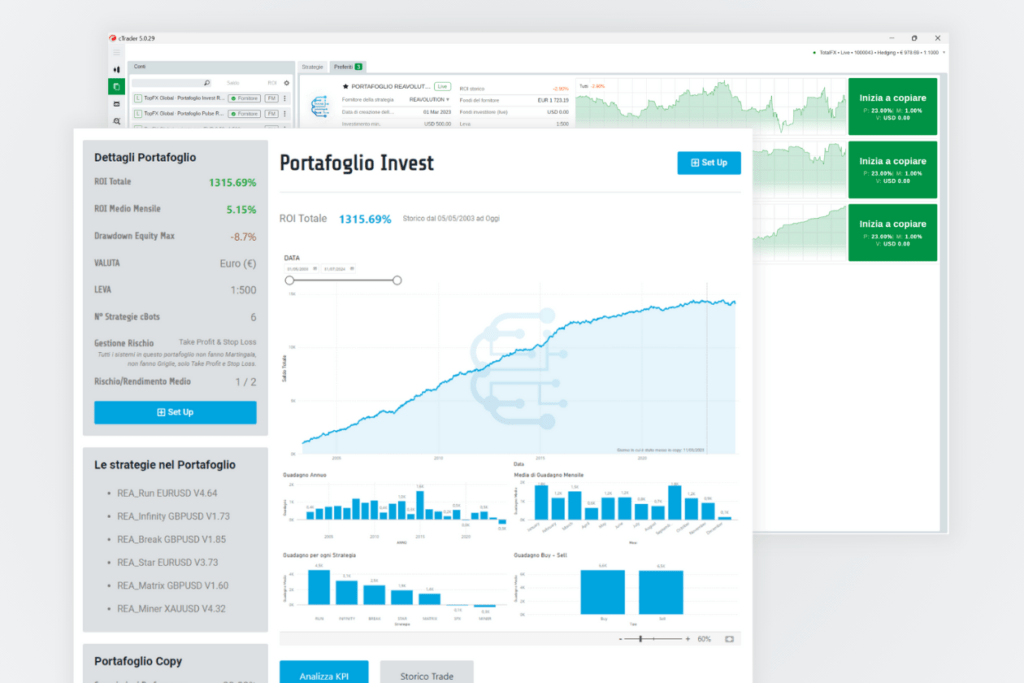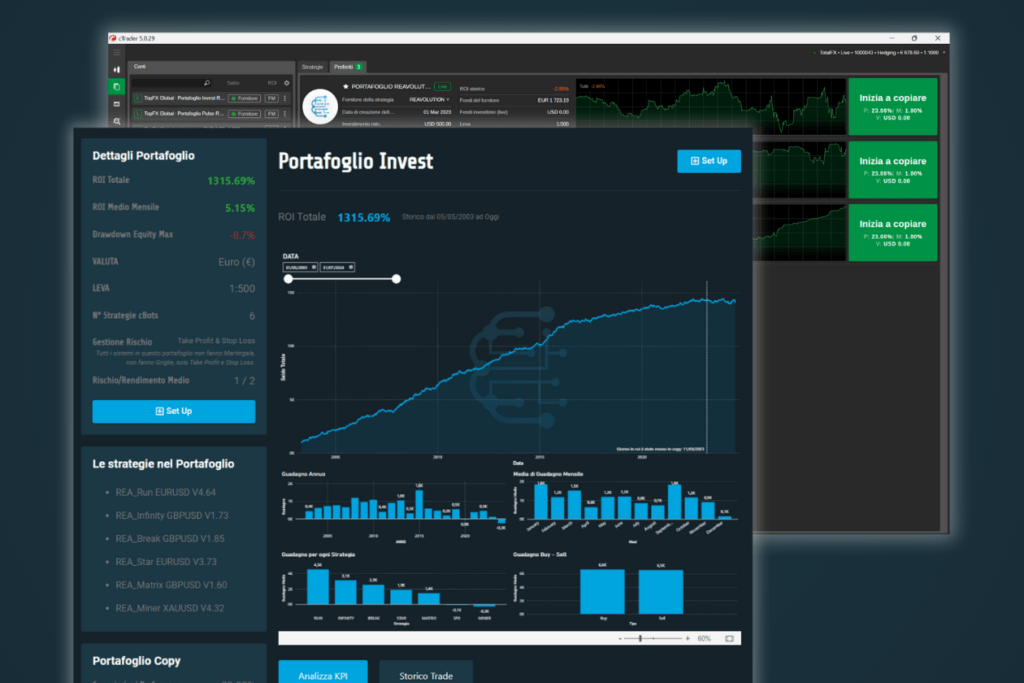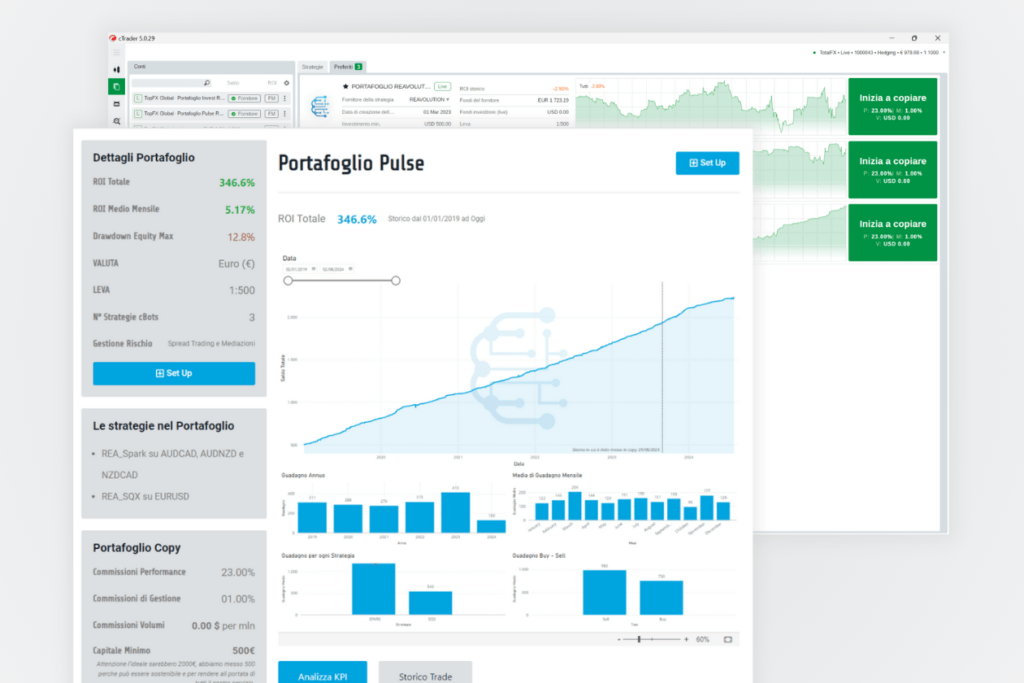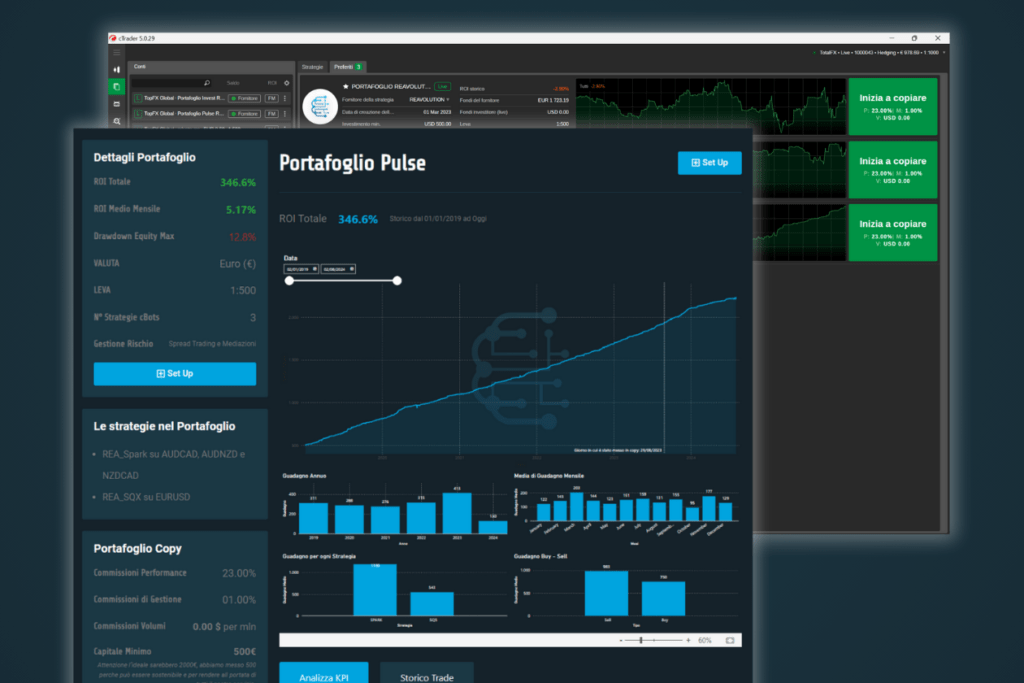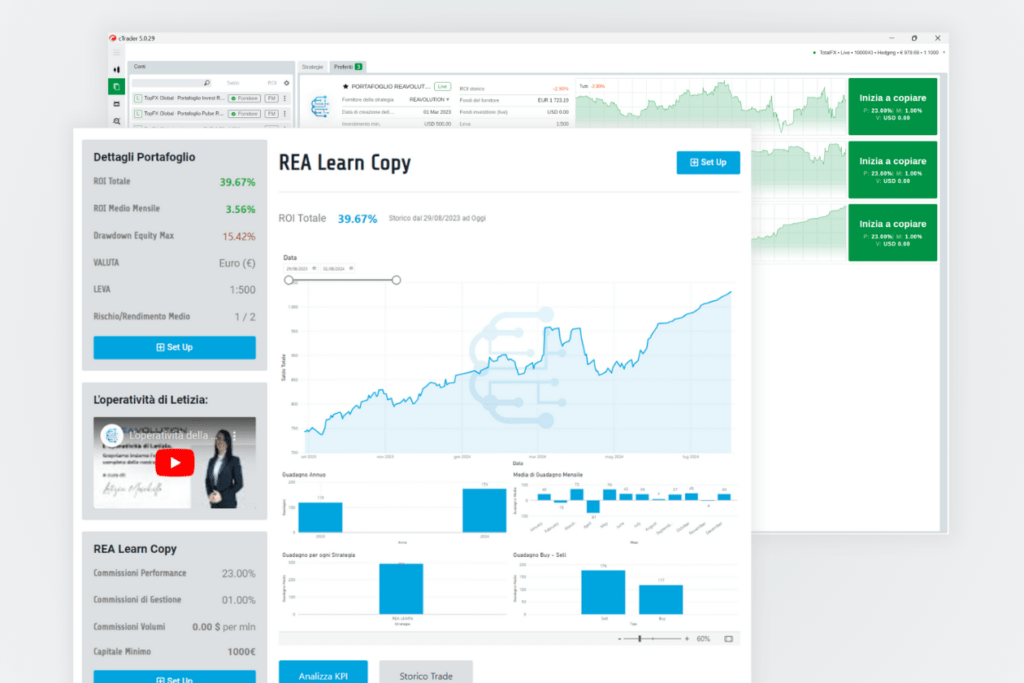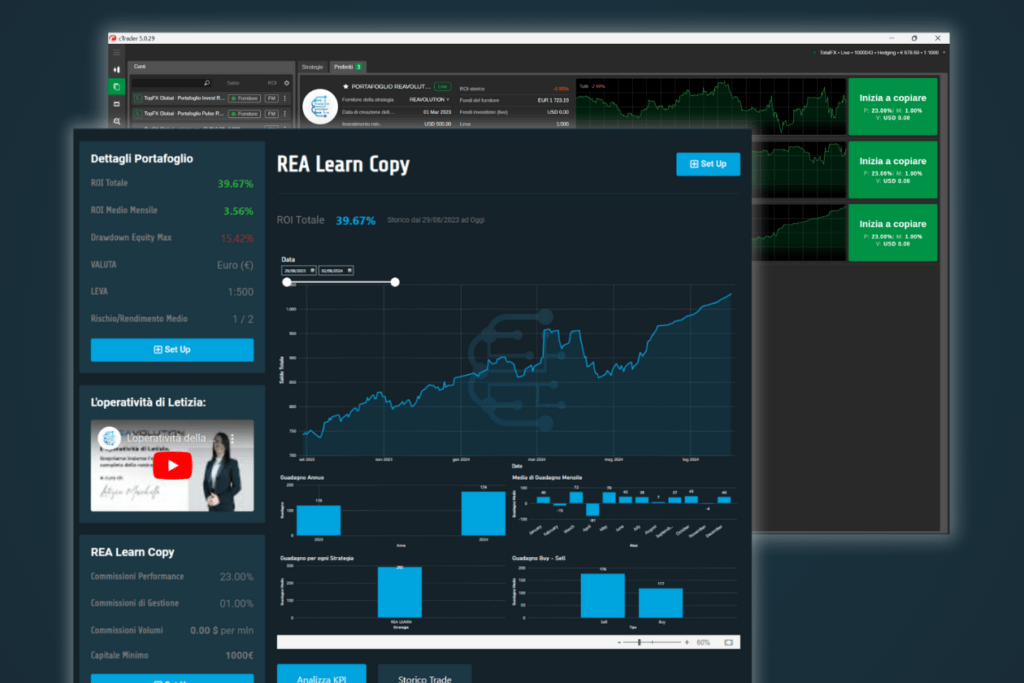Trading is not just about market analysis and trading strategies. The psychological component plays a fundamental role in determining the success of a trader. In this guide, we will explore the main aspects of trading psychology and provide practical advice for developing a winning mindset that will help you manage emotions, make informed decisions and achieve lasting results in the world of trading.
- Know yourself: Understanding your personality, learning style, and preferences will help you develop a trading strategy that aligns with your unique characteristics. Identify your strengths and weaknesses to adapt your trading approach accordingly.
- Manage emotions: Trading is an emotionally demanding activity. Learn to manage emotions such as fear, greed and frustration. Avoid impulsive decisions based on emotions and stay calm even during times of loss. Use relaxation and mindfulness techniques to maintain mental clarity.
- Accept risk: Trading always involves some degree of risk. Accept that losses are part of the game and that trading success depends on properly managing risk. Set stop losses and take profits appropriately and do not invest more than you can afford to lose.
- Create a trading plan: A detailed trading plan helps you maintain discipline and make informed decisions. Define your trading strategy, set realistic goals, identify entry and exit criteria, and plan risk management. Follow your trading plan strictly to avoid impulsive or emotion-driven choices.
- Analyze your performance: Keep an accurate record of your trading performance and analyze the results objectively. Identify mistakes made and areas for improvement. Learn from your mistakes and past experiences to refine your trading approach over time.
- Maintain a flexible mindset: Financial markets are constantly evolving. Be willing to review and adapt your trading strategies based on market conditions. Don't get trapped in rigid beliefs and be open to learning and experimenting.
- Maintain Balance: Trading can be an intense activity that requires concentration and dedication. However, it is important to maintain a healthy balance in life. Take time for yourself, cultivate interests and activities outside of trading. Balance will help you reduce stress, maintain a broader perspective, and improve your overall performance.
- Practice Patience: Trading requires patience. Don't try to force trading opportunities or quickly recover losses. Wait for the right time to enter a trade and stay calm during consolidation or slow market phases. Patience allows you to make more informed decisions and avoid costly mistakes.
- Cultivate a continuous learning mindset: Trading is an ever-evolving field. Invest time and energy to constantly improve your skills and knowledge of the financial markets. Read books, attend webinars, take courses and stay updated on the latest trading trends and strategies. Constant professional growth will make you a more competent and confident trader.
- Create a support network: Sharing experiences and challenges with other traders can be extremely helpful. Try to build a support network with other traders to share ideas, strategies and advice with. Join online communities, forums or trading groups to exchange opinions and experiences with other members.
Trading psychology plays a crucial role in determining a trader's success. Developing a winning mindset requires self-awareness, emotional management, planning, analysis and adaptability. By following these principles and applying the recommended strategies, you will be able to improve your trading performance and get closer to achieving your financial goals. Remember that the path to trading success is a continuous process of learning and improvement.



























